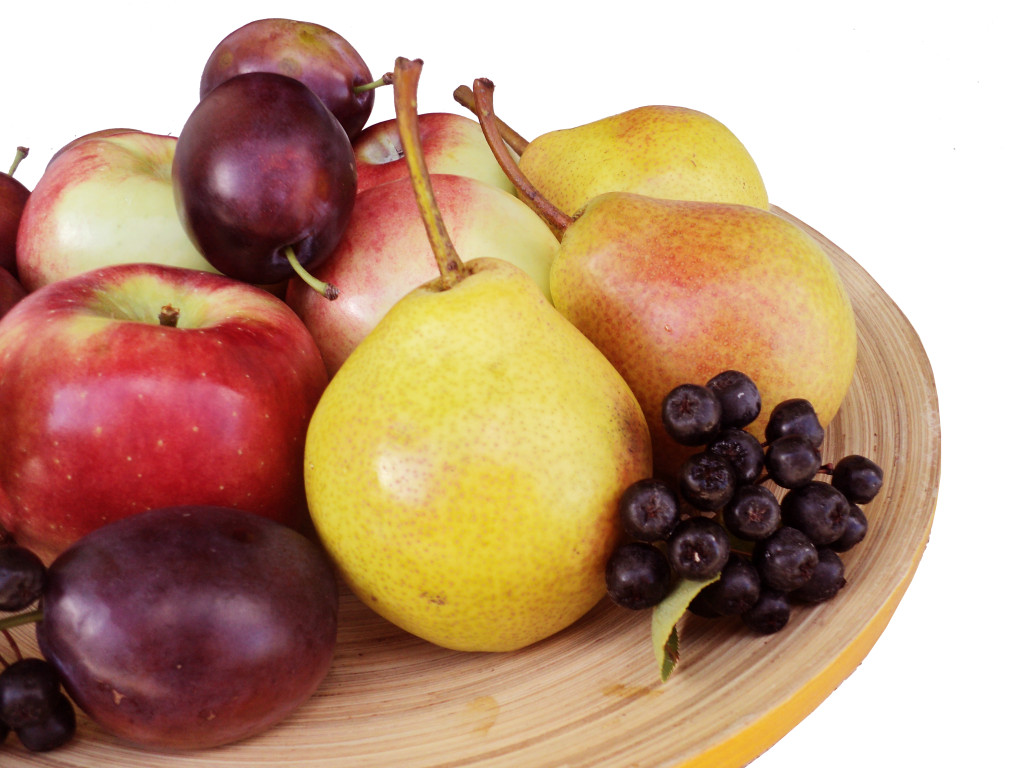As parents we learn pretty quickly which things cause behavioral issues in our kids. Not enough sleep, too much stimulation, long car rides, heat, and other factors can all turn up the grumpy or even lead to full meltdowns. While all kinds of factors influence how kids and adults feel and act, there’s one thing that ‘takes the cake’ when it comes to behavioral issues – diet. More and more parents are discovering that what their kids eat has a direct link to how their kids act, and there’s even some interesting science behind why it all happens.
In recent years many parents have realized that refined and processed sugars cause serious behavioral issues in many kids. This is so prevalent that many parents have their children on strict sugar-free diets – but sugar may not be the only culprit. Food elements like casein, gluten, preservatives, flavorings, dyes, fragrances, and even packaging materials could all be factors in childhood behavior, especially in children who have issues like Autism, Asperger’s Syndrome, and Pervasive Developmental Disorder.
Stimulants
Sugar, preservatives, and many artificial colors and flavorings act like stimulants on the body and can cause a whole array of behavioral issues. Many parents can watch their child enjoy a sugary treat or a processed food and then predict the decline of behavior over the coming hours. This is so striking in some kids that many parents can literally predict a meltdown based on what their kids eat.
Because of the connection with stimulating foods and behavior, many parents have turned to sugar-free diets and clean food diets that don’t contain processed or preserved foods. These parents have all found that kids’ behaviors and moods stabilize very quickly while giving parents greater control over behavior.
Gluten & Casein
Two of the most common food elements that are believed to cause behavioral issues are casein and gluten. Casein is a natural part of many milk products, and gluten can be found in all wheat products as well as in many other grains.
These two food elements are normally not problematic for most people, but some kids experience all kinds of invisible reactions to them that cause their bodies to release chemicals and hormones that directly change behaviors.
The best way to figure out what links may exist between your child’s diet and their behavior is to keep a simple food journal. Write down what they eat and also how their mood and behavior shifts throughout the day. In as little as one week you could have enough information to discover a pattern. From there you can control or cut out foods so that your child can feel great every day!
Do certain foods cause behavioral issues in your child? Which ones?

